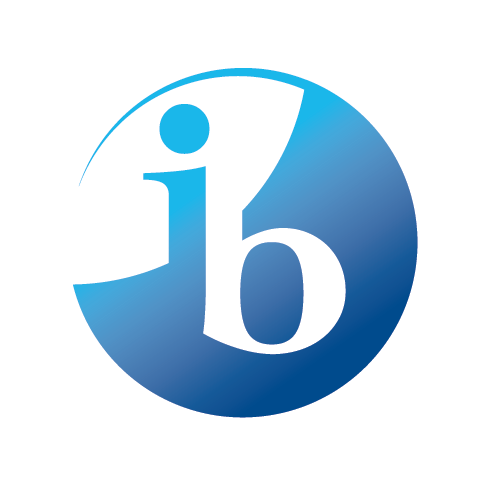Action (learning by doing and experiencing) is a key component in constructivist models of education, including the kind of teaching and learning common to all IB programmes. Service, as a subset of action, has always been a shared value of the IB community. IB learners strive to be caring members of the community who demonstrate a personal commitment to service, and act to make a positive difference to the lives of others and to the environment. IB World Schools value service with others as an important way to engage in principled action across a range of overlapping local and global communities. Through responsible action, tightly connected with sustained inquiry and critical reflection, young people and adults can develop the kinds of attributes described by the learner profile that are essential for success in future academic pursuits and for adult life .
Service requires that students are able to build authentic connections between what they learn in the classroom and what they encounter in the community. When connected to classroom learning, the experience of service offers opportunities to apply concepts, both skills and knowledge, as students explore the community in its complexity, gain personal insight, develop existing and new skills, and grow in confidence and responsibility as they become “actors” in the “real world” beyond school.
MYP learning outcomes for service
With appropriate guidance and support, MYP students should, through their engagement with service as
action:
- become more aware of their own strengths and areas for growth
- undertake challenges that develop new skills
- discuss, evaluate and plan student-initiated activities
- persevere in action
- work collaboratively with others
- develop international-mindedness through global engagement, multilingualism and intercultural understanding
- consider the ethical implications of their actions.
These learning outcomes identify the substance of students’ self-reflection on service as action. All of these learning outcomes are closely associated with IB learner profile attributes and ATL skills. Through their participation in service, students can become more confident, self-regulated learners.



